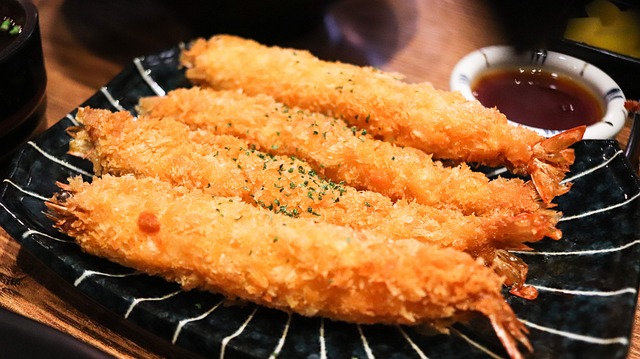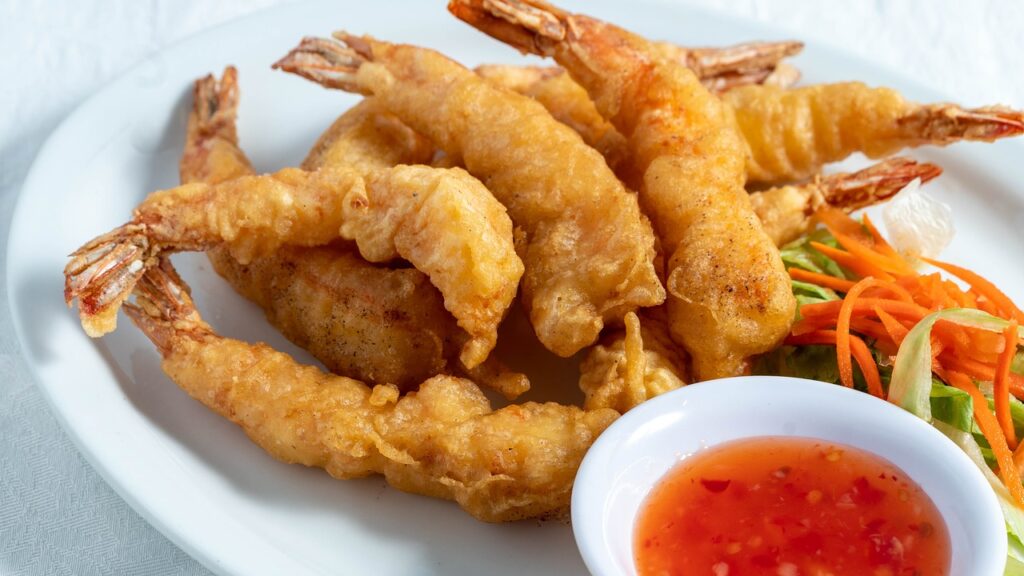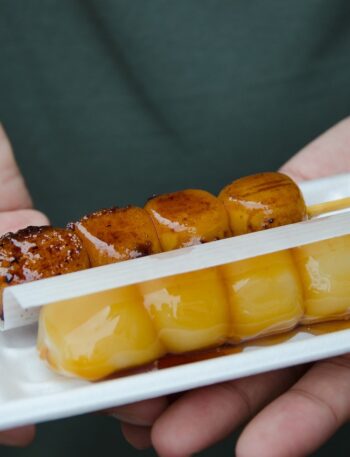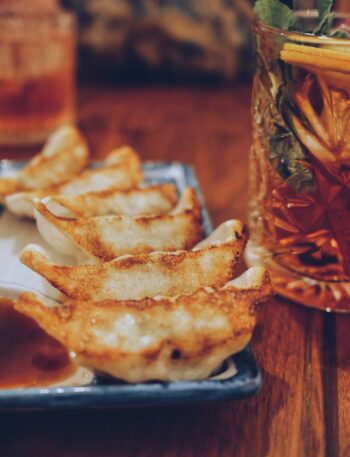Tempura: the golden, crispy, and oh-so-delicate Japanese delight that makes everything—from shrimp to sweet potatoes—taste like a dream. But let’s be real: making it at home can sometimes result in a greasy, soggy mess instead of that airy crunch we all crave.
Fear not, fellow food lovers! This guide will walk you through the essential steps (and sneaky tricks) to ensure your tempura turns out flawlessly crispy every single time.
Try our Classic Shrimp Tempura Recipe for a foolproof method!

The Secrets to Perfectly Crispy Tempura
Use Ice-Cold Water for the Batter
One of the biggest mistakes home cooks make is using room-temperature water. The contrast between ice-cold batter and hot oil is what creates that signature crispiness.
Always use ice water when mixing your batter. You can even throw in a couple of ice cubes to keep it extra cold while you work.
Don’t Overmix the Batter
A smooth batter might seem ideal, but a few lumps are actually your best friend. Overmixing develops gluten, making the coating dense and chewy instead of light and airy.
Mix your batter with chopsticks in quick, gentle strokes. Stop as soon as there are no big dry clumps left—small lumps are totally fine!

Use the Right Oil and Maintain the Perfect Temperature
The type of oil and its temperature play a crucial role in achieving crispy tempura. If the oil is too hot, the batter burns before the inside cooks. Too cool, and you get oily, heavy tempura.
Use neutral oils like vegetable, canola, or sesame oil. Maintain an oil temperature between 170-180°C (340-360°F) using a kitchen thermometer. No thermometer? Drop a bit of batter into the oil—if it floats and sizzles immediately, you’re good to go!
Coat Ingredients Lightly in Flour Before Dipping in Batter
If you’ve ever had your batter slide right off your shrimp or veggies, this trick will be a game-changer.
How to fix it: Lightly dust your ingredients in flour before dipping them into the batter. This helps the batter stick evenly, giving you that gorgeous, golden finish.
Want to make shrimp tempura? Check out our Step-by-Step Guide!
Fry tempura in Small Batches
Overcrowding the pan lowers the oil temperature, leading to soggy tempura. Patience is key!
Fry in small batches, giving each piece enough room to cook evenly. Between batches, skim off any leftover batter bits to keep the oil clean.
FAQ: Everything you need to know about Tempura
It’s a Japanese cooking technique where seafood, vegetables, and even some desserts are coated in a light batter and deep-fried.
Besides shrimp, you can use vegetables like sweet potatoes, zucchini, eggplant, and mushrooms.
Place fried tempura on a wire rack instead of paper towels to keep it from getting soggy. Serve immediately for the best texture!




